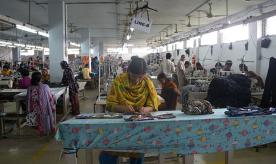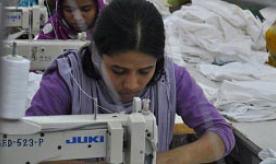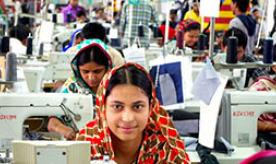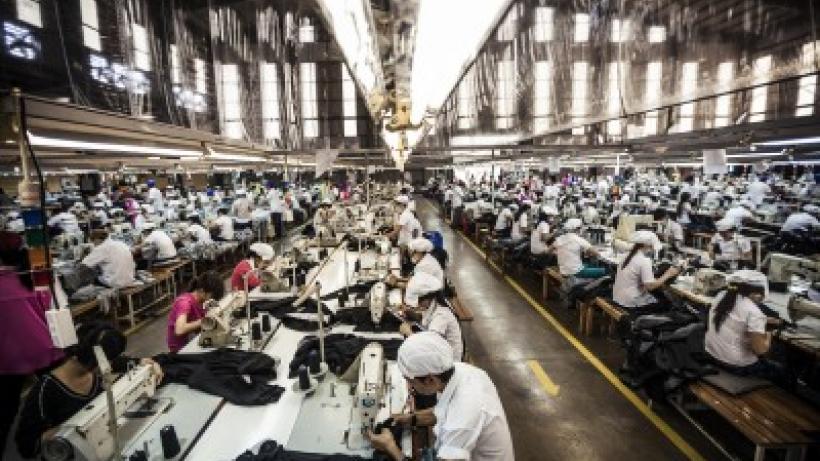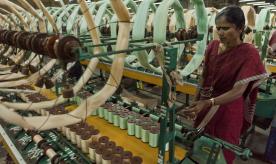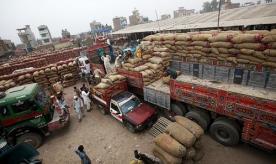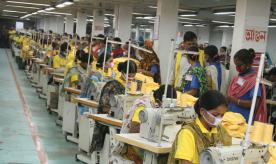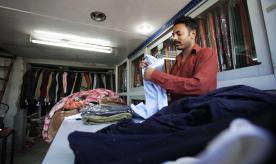
Christopher Woodruff
Roles
Research programme directors
IGC Staff
Researchers
Research affiliates
Christopher Woodruff is a Research Programme Director for the IGC's Firms Research Programme.
He is Professor of Development Economics at the University of Oxford. He is a leading expert on enterprises in developing countries, and a pioneer in the use of field experiments in understanding enterprise dynamics in developing countries. His recent work includes measurement of rates of return to capital investments in microenterprises, the effect of formal registration on enterprise performance, the use of business plan competitions to identify small enterprises with potential for rapid growth, and the use of temporary wage subsidies to understand the willingness of microenterprises to expand employment. His previous work examined the ability of informal contracting and private institutions such as trade associations to govern trading relations in the absence of functioning state institutions. Geographically, his research spans a broad area of the developing world - Mexico, Vietnam, Sri Lanka, Ghana and Eastern Europe.
In addition to his position at Oxford, Professor Woodruff is a Research Fellow at the Centre for Economic Policy Research (CEPR), Research Associate at the National Bureau of Economic Research (NBER) and a Senior Fellow of the Bureau of Research on Economic Analysis and Development (BREAD), a Research Fellow at the Center for Competitive Advantage and the Global Economy (CAGE) and the Institute for the Study of Labor (IZA). He is also the Scientific Coordinator for the DFID – CEPR joint research venture on Private Enterprise Development in Low Income Countries (PEDL).
Woodruff is a member of the editorial board of the Journal of Development Economics, the World Bank Economic Review, the Journal of Comparative Economics, and the Journal of African Economies. Prior to joining Oxford, Woodruff was Professor of Economics at UC San Diego, where he also served as Director of the Center for U.S.-Mexican Studies from 2003 to 2008 and more recently was a Professor of Economics at the University of Warwick. Woodruff’s research has been supported by the U.S. National Science Foundation, the Consortium for Financial Sytems and Poverty at the University of Chicago, the Templeton Foundations, 3ie, IGC, and the World Bank.




